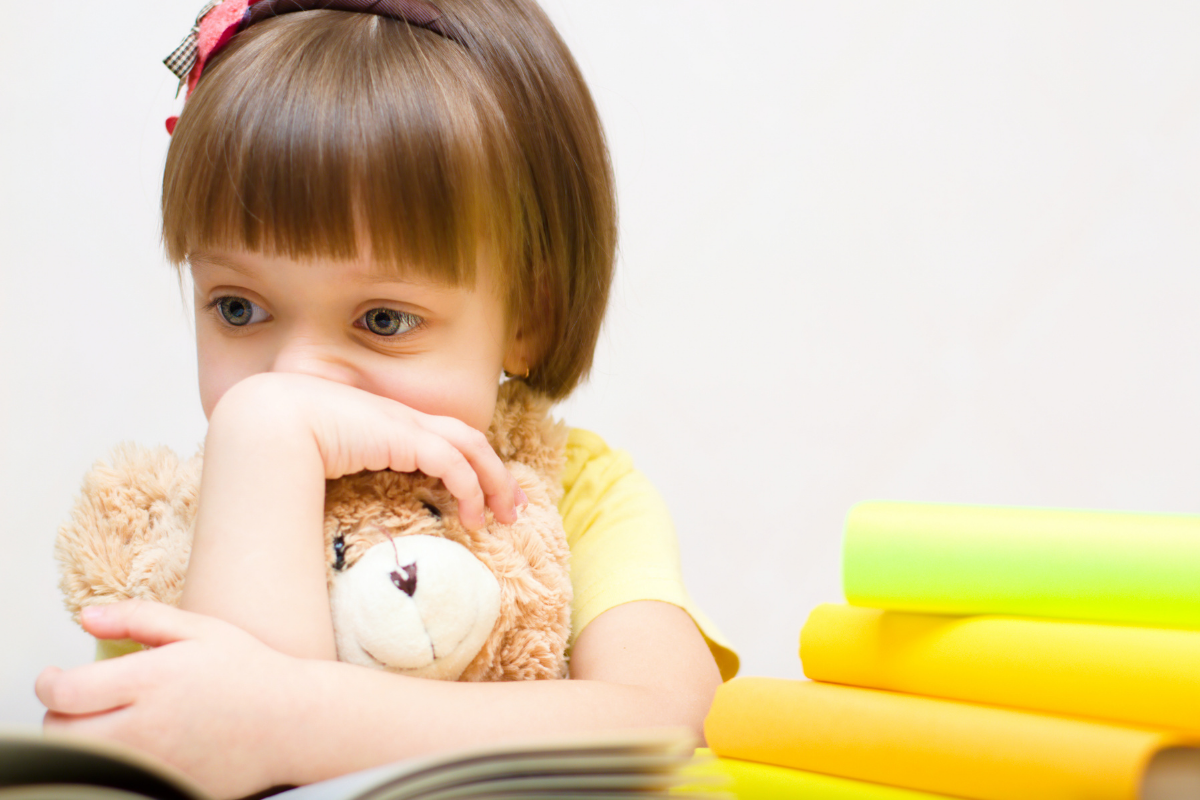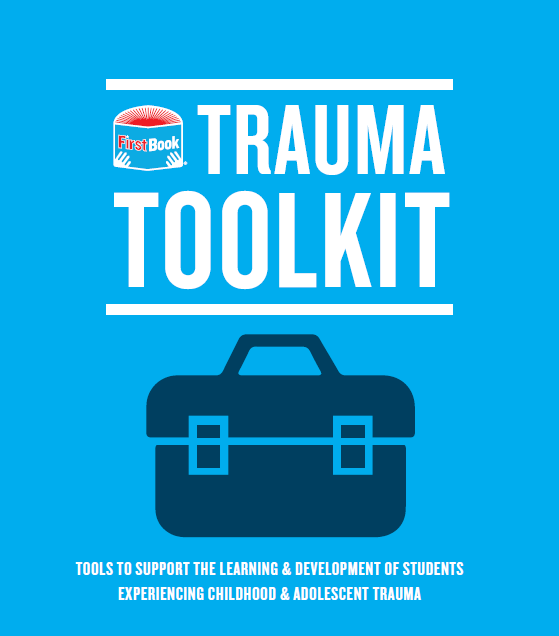
Educator Resource: The First Book Trauma Toolkit
We want all students to be happy, healthy, and prepared to reach their highest potential. These aspirations are most often possible when children have environments that provide safety, support, love, and nurturing. Unfortunately, this is far from reality for almost half of the children in the United States – about 35 million – who have experienced one or more types of trauma.
As educators, we may notice unhealthy or concerning student behaviors in the children we serve. Understanding the source of this behavior, recognizing that this behavior may be symptomatic of trauma, and then knowing how to support student learning when trauma is a factor, is far less obvious.
This toolkit, created by First Book and funded by the Maryland State Education Association (MSEA), is designed to provide an overview of the causes and symptoms of trauma, offer insight on frequently asked questions, and provide actionable steps educators and caring adults can take to support student learning and development.
What’s in the Toolkit?
By using the Trauma Toolkit, educators can:
- Learn about the most common sources of childhood trauma,
- Learn how trauma affects learning, and how it manifests in students,
- Receive tools and techniques to help students manage their social & emotional behavior,
- Learn how to gain additional support from your community, student caregivers, and MSEA,
- Learn about the importance of self-care, and how to handle compassion fatigue.
Childhood trauma is a broad topic, and there are many organizations that focus on it exclusively. The ideas presented in the toolkit are the result of a broad review of books, published papers, and other resources focused on adolescent and childhood trauma and how it impacts students in the classroom and in after school program settings. This toolkit was designed to save educators time by culling together and highlighting the most salient and actionable resources from across this literature review, using First Book member feedback as the starting point for this work.
Get Answers to the Top 8 Questions Regarding Students Experiencing Trauma That Educators Ask
- How do I help my students if they are below their age appropriate developmental level for social and emotional learning?
- How do I help my students center and calm themselves after experiencing a trigger event?
- How do I help students cope with their emotions daily in class?
- What do I do if my student is having a meltdown?
- How can I support a child who is experiencing severe trauma?
- When do I connect my student with a social worker, school counselor, or other professional for support?
- How do I help my students learn even while they experience or try to recover from trauma?
- How do I teach my students to self-manage their emotions?
The tool kit offers insight on these frequently asked questions, as well as information on the sources of trauma, effects of trauma, and how educators can feel supported along with students.
Join the Network
Educators can join First Book’s network — the largest and fastest-growing network of educators, schools, and programs serving children in need across the United States and Canada — to get access to resources like this and more for your classroom.

